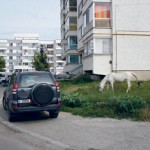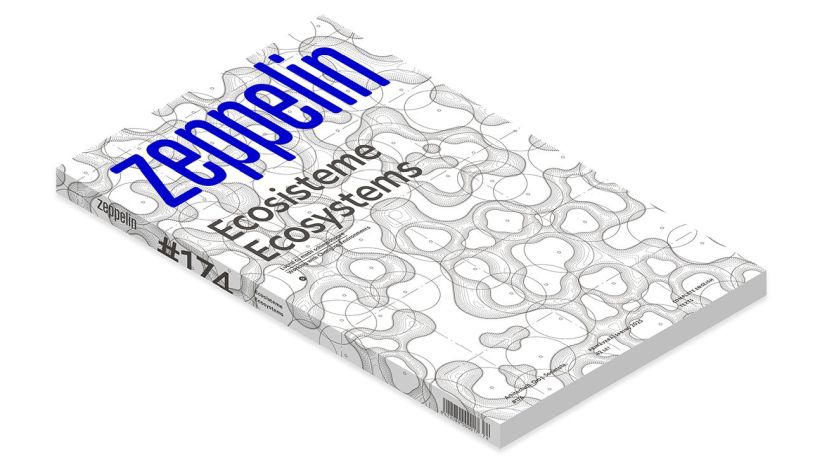I’m reading an article written by Roberto Segre about the architecture intended for the working class, an architecture that has changed the landscape of the towns only in the twentieth century. Until then, poverty did not have such a great influence on the configuration of urbanity. The article argues and offers the examples of the blocks of flats, which have been developed either by the State, or by private contractors, after the Bauhaus period. The article equals the presence of this type of architecture with poverty. But I envisage this concept in relation to a certain political, economic and cultural context, such as the communist period. The ideologically masked poverty, hidden behind the make-up of the communist egalitarianism, has many angles and aspects that have not been clarified yet.
How can you define poverty when the State almost excludes this word from public speeches? and how is it reflected in the architecture programmes? If we think about Romania, extreme poverty and penury were declared as eradicated. On the one hand, the State was generous and offered housings or built them at prices that were very accessible for almost all the citizens. On the other hand, this noble act was doubled by the elimination of the heritage and the virtual destruction of our towns. The State poses as contractor and, by defying the market rules, imposes a brutal construction standard. Since it does not offer private investors any opportunity and it tries to rebuild the city anew, the Romanian communist State is wasting tremendous funds for building dwellings, missing the dynamics of public investment that a State is obliged to make. Thus, it seems that the poverty of the communist town was somewhere else. But where was it? We were poor because our dwellings were the only things we had left. A penury of mind and soul, a precarious state of the public spaces surrounding us, not to mention the lack of spaces actually reserved for culture or sports. That’s why we felt as if we were imprisoned and we lacked freedom. You don’t have anything to choose from among one district or another. A State that abandoned his duties of public space builder is responsible for the poverty of the city.
The phenomenon of the current poverty seems just as disturbing to me. It’s a poverty masked by richness, or better said by abundance. It’s an explosion of a variety of houses, dwellings are being built incessantly, from villages to towns, and yet, there still remains the sensation of poverty. It seems that nothing around us is being well done anymore, not to mention the total lack of brightness or of any splendour in any urban corner. We falsely perceive the city as being richer; on the contrary, I see it running towards poverty, now more than before, since the few squares at the end of the block, the slides, the places for dog walking, the little tile fountains, that we are so proud of, cannot make up for so many kilometers of confiscated sidewalks, butchered parks, the last remains of the public space. And I don’t mind if our most popular form of entertainment is going to the mall, but it seems to me that this is the only current activity, being a substitute for tennis games as well as for concerts.
May you be rich!
Photo: Mihai Dutescu
English translation: Raluca Brad


